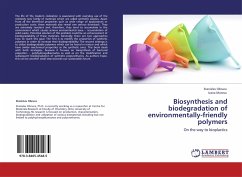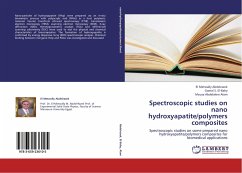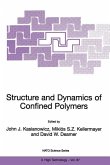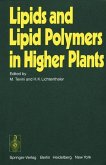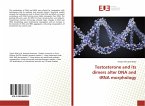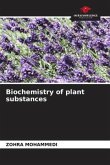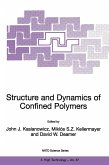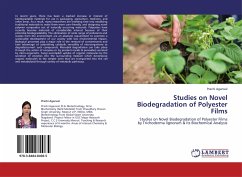The life of the modern civilization is associated with everyday use of the relatively new family of materials which are called synthetic plastics. Apart from all the beneficial properties such as wide range of applications or production costs; these materials also reveal one serious drawback. They are extremely resistant and; therefore, they tend to accumulate in the environment which causes serious environmental issue accumulation of solid waste. Potential solution of this problem could be an enhancement of biodegradability of these materials. Generally; there are two approaches how to reach this goal. The first is to modify the properties of synthetic polymers in order to increase their biodegradability. The second strategy is to utilize biodegradable polymers which can be found in nature and which have similar mechanical properties as the synthetic ones. This book deals with both strategies, because it focuses on biosynthesis of bacterial polyesters polyhydroxyalkanoates as well as on the modification and subsequent biodegradation of synthetic polyurethanes. As authors hope, this can be another small step towards our sustainable future.

